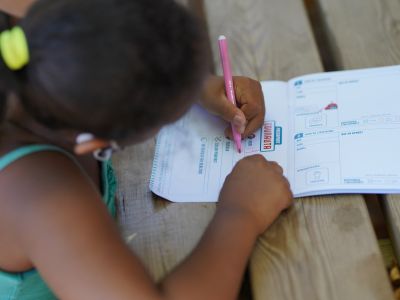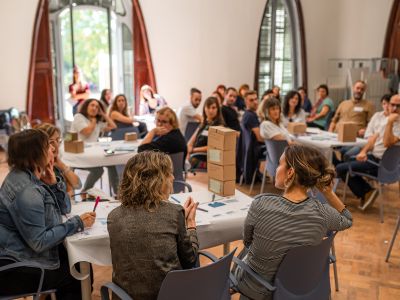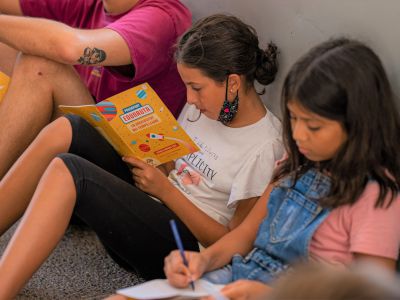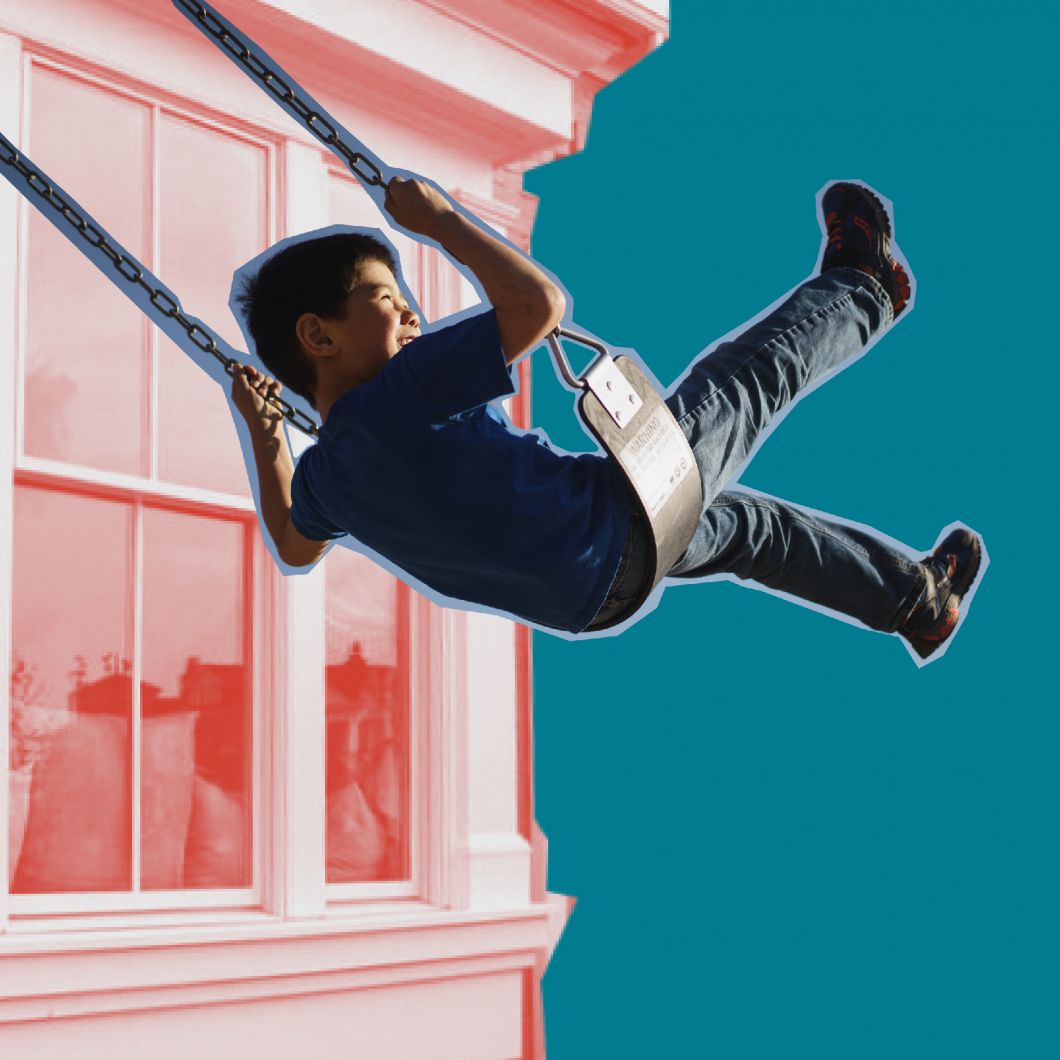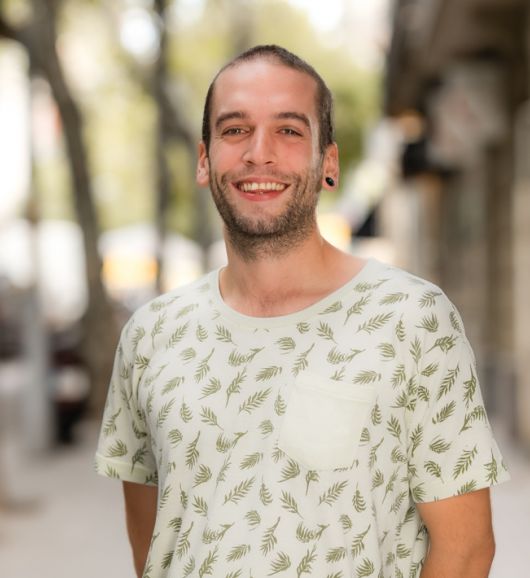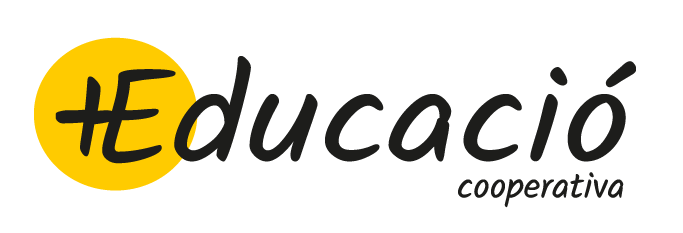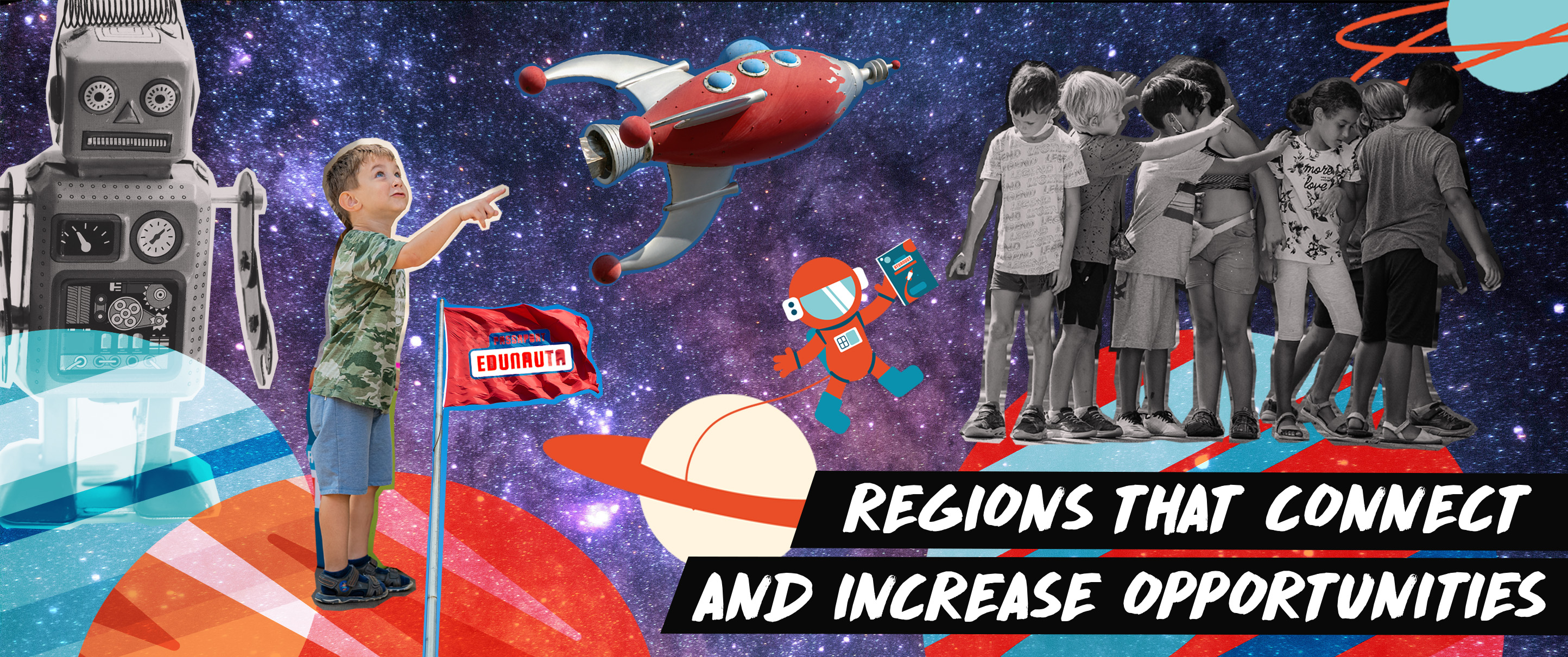
Edunaut Passport
The Edunaut Passport: a tool against educational inequality outside school
OpenThe Edunaut Passport: a tool against educational inequality outside school
Not all children have the same opportunities to access educational opportunities outside school, and these difficulties are a major source of educational inequality. To combat this disparity in opportunities and to ensure that no child is left behind, the Edunaut Passport has emerged as an important resource at municipal level.
It is a project that connects, recognises and emphasises learning for children from 3 to 12 years, outside school, promoting access to all young people in a municipality, neighbourhood or region, making educational activities available to them, regardless of their background.
It is based on an innovative and internationally recognised methodology called “learning passports”. These are tools that catalyse and connect all the educational power of a region towards equality.
The Edunaut Passport is built using 5 key elements:
- The tool, the physical passport: a child learns in many different spaces and at various times of day outside school: at home, in the park, at play group, in the library... With the Edunaut Passport children have access to free educational activities in their region. From the pages in the passport, they can show and give prominence to everything they learn in their community.
- The local network of activities: the activities are organised by learning destinations that make up a local network of educational actors, in municipal libraries, clubs, organisations and sports clubs for example. Children can travel to these destinations and enjoy very diverse learning experiences where they will learn and be given stamps for their passport. These stamps provide accreditation for both their participation in the activities and their learning.
- Invisible learning: all the educational activities of the Edunaut Passport will be grouped into a catalogue of Edunaut activities (online and/or offline). Municipalities have a learning framework available to them, which is shared between all destinations and which includes 9 key competencies: curiosity, problem solving, creativity, communication, empathy, teamwork, perseverance, initiative and self-regulation. These competencies are known as Edunaut Superpowers, invisible learning that often goes unnoticed in educational activities and that Edunauts will see reflected in their passports.
- The Edunauts: all children in Catalonia will receive their Edunaut Passport through their school or from the facilities and/or entities in the area that are linked to the project. From the moment they hold their passport in their hands, they are an Edunaut. With this, they will be able to:
- Explore and travel to the activities of all 360 spaces in their municipality.
- Choose and create their own educational itinerary.
- Show and give prominence to what they are learning.
- Celebrate and share what they have learned with the rest of the community.
- A celebration of the journey: each student’s journey will end with a graduation ceremony held at the end of each edition of the passport (summer, school year...), and to which all students of the municipality and their families are invited.
The Edunaut Passport is an Education 360 initiative promoted by the Fundació Bofill together with the +Educació cooperative and is currently, during the 21/22 academic year, present in around thirty regions throughout Catalonia, including participating districts, municipalities and neighbourhoods.
During the 20/21 school year, more than 7,500 children took part, along with 100 schools and more than 150 facilities that promoted 500 free and open activities outside school.
Want to know more? Are you a municipality, a district council or a socio-educational organsation that would like to become a Edunaut destination? Contact us at hola@passaportedunauta.cat
Blog
Read related articles
The Edunauta Passport: we are continuing to foster equity outside the classroom
The Edunauta Passport: we are continuing to foster equity outside...
Projects
Related projects
Coordination
Project coordinators
-
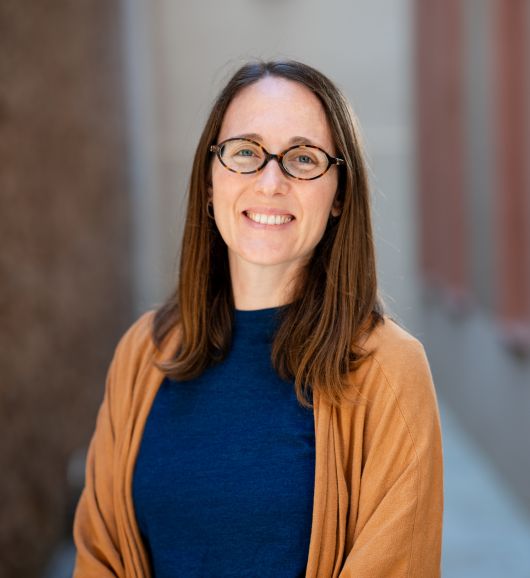

Marta Requeno
Head of Education 360 Programmes
Bachelor’s degree in Political and Administration Sciences from Pompeu Fabra University (UPF), post-graduate degree in International Development Agents from the Polytechnic University of Catalonia (UPC), and master’s degree in Public and Administration Policies (The Johns Hopkins University and UPF…
See more
-
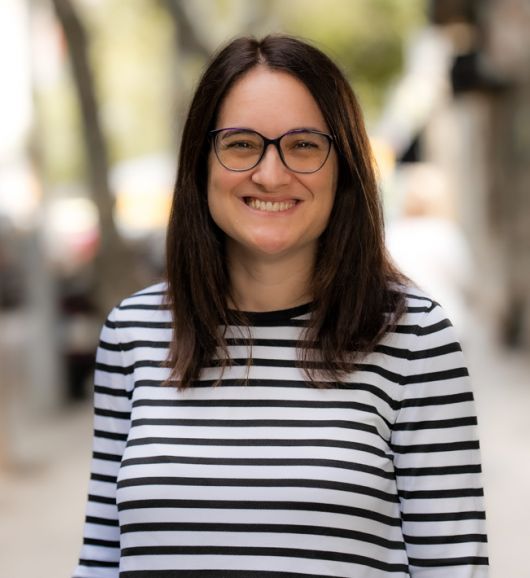

Mireia Mas
Deputy Director of Programmes
Mireia Mas holds a bachelor’s degree in Psychopedagogy and a shorter bachelor’s degree in Social Education from the Autonomous University of Barcelona (UAB). She has also completed a master’s degree in Management of Social Economy Businesses at Pompeu Fabra University’s Continuing Education Institu…
See more
-
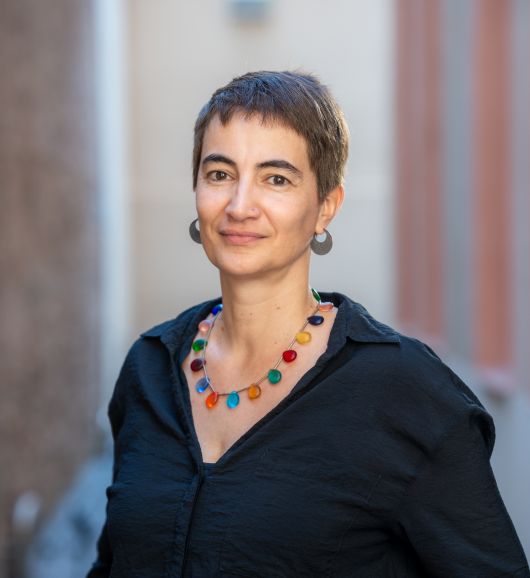

Maria Truñó
Autora
Directora de l'Aliança Educació 360 FormacióVaig estudiar Ciències Polítiques i Psicologia Social a la Universitat Autònoma de Barcelona. ExperiènciaHe treballat durant més de 20 anys en l’àmbit de les polítiques públiques, en especial, en educació i drets d'infància i adolescència. …
See more
